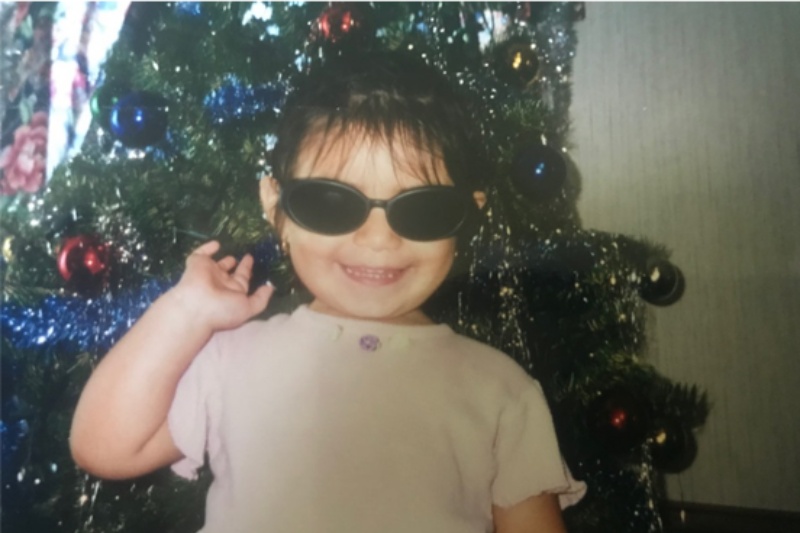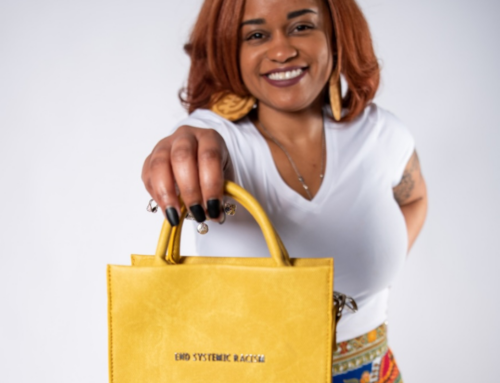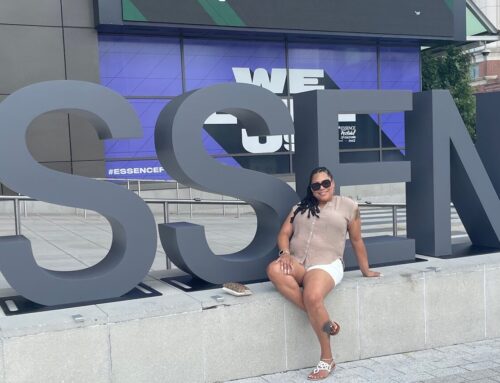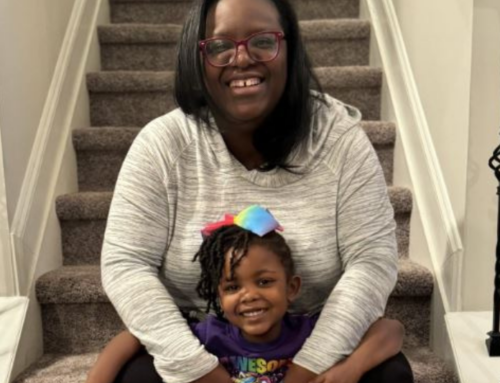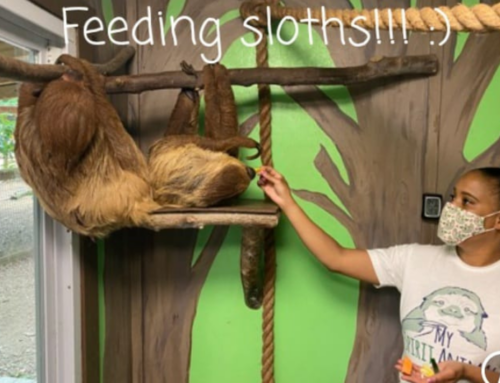No matter what side of the immigration and citizen debate one gravitates to, the inability of our nation’s leaders to find consensus has been distressing to watch. During one of our team meetings, we found ourselves sharing our own stories of what the word immigration means to us. We thought we’d share a little more about our team members over the course of time.
kazzy
As El Tucanazo by Los Tigres de Tijuana started playing, I wiped the sweat off my forehead, grabbed my partners hand, and danced as if it was my last moment on earth. Stomping with my boots and grabbing my cowboy hat, I gave everyone a show during the Charros Day parade. This is one of my earliest childhood memories, completely embodying what it means to me to be from the borderlands. The Charros Day Parade is a celebration between the good relationship of Brownsville, Texas and its twin city on the other side of the border, Matamoros, Tamaulipas. For the longest time, I thought this was a national holiday! Being from the border, everything that seemed normal to me was not to everyone else. Whenever I was prompted with the question where are you from? I always became hesitant to tell people Texas, because I knew Brownsville was a special enclave that was neither Texas nor Mexico, but both.
Brownsville is the place where two cultures meet and create a third. From our Spanglish menus to our city known curanderas to the acknowledgement that ghosts are in fact real, it wasn’t until I went to college that I realized this was not everyone’s reality. Although coming from a bicultural heritage meant que ni soy de aqui, ni de alla, it allowed me to embrace the beauty in duality in every aspect of my life. It has also allowed me to see the great privilege I have gained from simply being born on the “other” side.
Being just on the opposite sides of the borders, our family was split, especially once the U.S. really started to crack down on immigration policies. Growing up, I remember being able to make weekly visits to my family in Mexico, but as I grew older and the presence of border patrol increased in our area, our visits seemed to slowly decrease until we stopped going altogether. By the time I was in high school, my mom wouldn’t let me visit anymore. Because of all the cartel violence, it took much convincing for my mom to let me go visit my family. I will never forget that day she let me visit again. Excited to visit the streets I once ran around in, I was disappointed to not recognize the space we had entered. As we drove casually behind an army tank on the way to my grandma’s sister’s house, I remember feeling so sad that this is what things were like now.
Although things have started to calm down in Matamoros, we are reminded of what the violence has left behind by our missing loved ones. See, my immigration story is a little complicated to describe since it goes back generations- when the border crossed us. Even though I will always be grateful for my duality, I will always be slightly resentful to never know what could have been. But in moments when I feel like this, I remember the resilience of my family and mis antepasados and the healing power that comes with dancing El Tucanazo during the Charros Day Parade.
